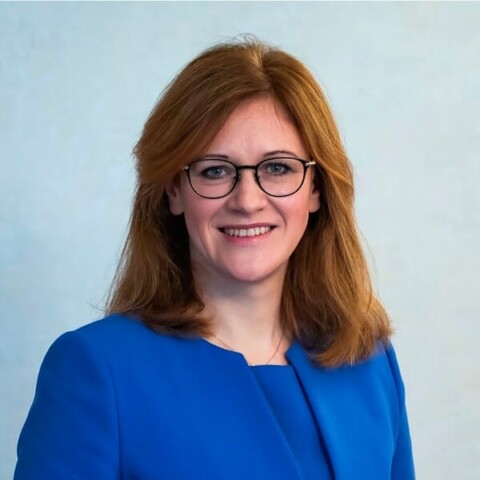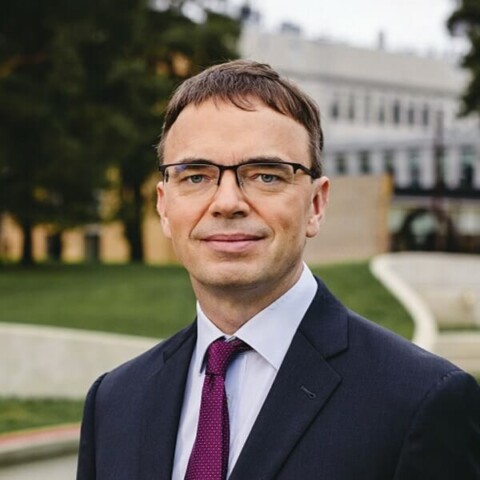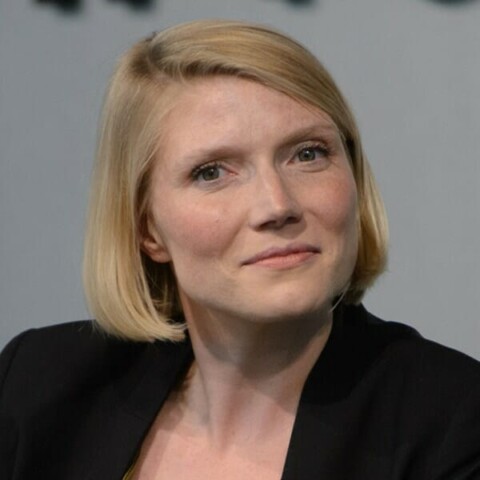How can EU nations quickly reduce their reliance on Russian gas and oil? That’s the core issue of this expert panel discussion that brings together Zanda Kalniņa-Lukaševica (Ministry of Foreign Affairs, Republic of Latvia), Sven Mikser (Member of the European Parliament) and Oleksii “Alex” Riabchyn (Energy and EU Green Deal advisor to the government of Ukraine).
The panel was moderated by Cathryn Clüver Ashbrook (Global Public Policy Institute) and co-curated by the Munich Security Conference.
In response to the Russian war on Ukraine “we’ve seen an extraordinary unity within the European Union”, Clüver Ashbrook notes. But, she wonders, will the unity last?
To Zanda Kalniņa-Lukaševica, the need to stop buying energy from Russia is clear. “It’s not about cheap or expensive gas or oil. It’s about lives of innocent people”, she argues.
Estimates vary but it costs Russia “approximately 20 billion euros” per month to finance the war, the Latvian politician says. “So we are directly financing it. Until the moment we are stopping buying the oil and gas.”
Sven Mikser agrees. Weaning Europe off of its dependency on Russian energy is painful, he says, “but it’s possible and it’s necessary”. In his view, the war is both an “existential crisis for Ukraine” and also a threat “in very many ways to Europe’s security.”






